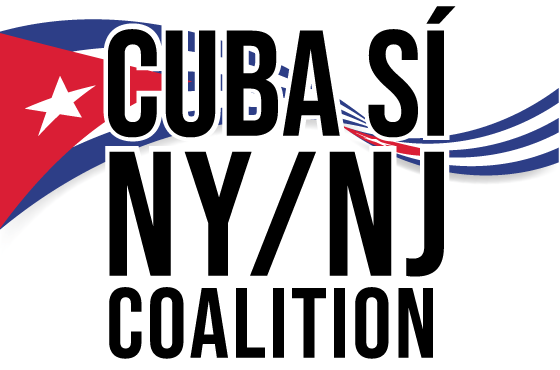The Nobel Peace Prize winner
By Fidel Castro

I will hardly refer to the Cuban people, who one day rid their country of the United States domain, when the imperialist system had reached the height of its power.
Men and women of different ages paraded on May Day down the most symbolic squares in all provinces of the country.
Our Revolution emerged where it was least expected by the empire, in a hemisphere where it was used to act like an all-powerful master.
Cuba came to be the last country to get rid of Spanish colonialism and the first to shake off the heinous imperialist tutelage.
Today I am thinking particularly about the sister Bolivarian Republic of Venezuela and its heroic struggle against the ruthless plunder of the resources with which Nature has endowed that noble and self-sacrificing people who one day sent their soldiers to faraway places in this continent to bring the Spanish military power to its knees.
Cuba has no need to explain why we have been in solidarity not only with all the countries of this hemisphere but also with many others in Africa and other regions of the world.
The Bolivarian Revolution has also been in solidarity with our homeland. Its support was transcendental during the years of the Special Period. That cooperation, however, in no way came up at Cuba’s request. Neither did we demand any condition from any of the peoples that required our educational or medical services. We would have offered Venezuela our maximum support no matter the circumstances.
For revolutionary Cubans, to cooperate with other poor and exploited peoples has always been a political principle and a duty towards humanity.
I feel great satisfaction to watch, as I did yesterday, through Venezolana de Televisión and Telesur, the profound impact that the adoption of the Labor Organic Law enacted by the Bolivarian leader and president of the Republic, Hugo Chávez Frías, caused among the people. I had never seen anything like that in the political landscape of our hemisphere.
I paid attention to the huge crowds that gathered in the squares and avenues of Caracas, particularly the spontaneous comments made by the citizens who were interviewed. I had hardly –ever, perhaps- seen the level of emotion and hope that transpired in their statements. It became evident that the overwhelming majority of the people are humble workers. A true battle of ideas is being powerfully waged.
Rafael Correa, President of Ecuador, courageously stated that we are living through a change of times rather than through times of change. Both Rafael Correa and Hugo Chávez are Christians. But, Obama, what is he? What does he believe in?
One year after the murder of Bin Laden, Obama is competing with his rival, Mitt Romney, to justify that action which was perpetrated at a facility close to the Military Academy of Pakistan, a Muslim country allied to the United States.
Marx and Engels never talked about murdering the bourgeois. According to the old bourgeois concept, the judges were the ones who judged and the executioners were the ones who executed.
There is no doubt that Obama was a Christian; one of the facets of that religion helped him to learn the trade of conveying his ideas, an art that meant a lot to him during his meteoric rise to the upper echelons of his party.
The principled declaration of Philadelphia of July of 1776 stated that all men were born equal and free and that they were all endowed by their Creator with certain rights. As far as we know, three quarters of a century after independence the black slaves, with their wives and children, continued to be sold at public squares; and almost two centuries later, Martin Luther King, a Nobel Peace Laureate, had a dream, but he was murdered.
The Oslo Nobel Committee awarded Obama his prize, and he almost became a legend. However, millions of persons must have watched the images. Nobel Laureate Barack Obama traveled hurriedly to Afghanistan as if the world ignored the mass murders, the burnings of Muslims’ sacred books and the desecration of the corpses of murdered persons.
No honest person will ever assent to the perpetration of terrorist actions. But, has the US president any right to judge or kill, to become both the judge and the executioner and commit such crimes in a country and against a people on the opposite side of the planet?
We watched the US President in shirtsleeves, running up a steep staircase, walking at quick pace down an overhead corridor and stop to give a speech to a large military contingent that applauded unwillingly the words of the illustrious President. Those men were not all American-born. I thought about the colossal expenses this meant, whose burden is being borne by the world. After all, who is bearing the burden of that huge cost which exceeds already 15 trillion dollars? That is what the illustrious Nobel Peace Laureate offers humanity.

Fidel Castro Ruz
May 3, 2012
7:50 p.m.

Comments are closed.